This letter to the editor is in response to the Q&A session that occurred after the 23rd annual Martin Luther King Jr. Convocation on January 18 . Theresa DiDonato attended the lecture and is an associate professor of psychology at Loyola.
I don’t know who you are. Maybe you’re a Loyola alum or staff member or graduate student, maybe you’re a member of the Baltimore community at large. I don’t know who you are, but I do know the effect that your words had on me. They immobilized me, embarrassed me, and I am fixated on the fact that I did nothing.
You began by confronting Ms. Rankine about an incident that she relates in her book Citizen, and you made the argument that maybe it wasn’t about race. I felt the heat rising. In this quick sentence, you dismissed the idea that race affects all of our interactions. You were not there, but even if you had been there, I don’t know if you would have let yourself see it.
You then raised the point that Donald Trump had come up a number of times, even though this was not a political event. I felt the heat rising. How can we have a conversation about race and not comment on a presidential candidate whose platform includes banning Muslims, who advocates building a wall between the US and Mexico, and who retweeted false statistics about Black Americans – a graphic created by Neo-Nazis? I looked around and saw people grimacing, with hands on their heads, squirming uncomfortably. The heat was rising in the room.
You then presented your central question. You wanted to know when we could finally be a color-blind society. You referenced Dr. Martin Luther King. You told us this is what you are teaching your children: that race doesn’t matter. The knot in my stomach tightened. I felt the heat rising. I wonder who you expect to assimilate to whose culture. I wonder if you know how much your words were hurting the people in the room.
You and I share quite a bit. We are both white women. Our whiteness has enabled both of us to live lives washed with unearned privilege. In the videos that Ms. Rankine showed, her voiceover asked us about trust. Can I trust you? Do you trust me? Strangers trust me. That is not earned. It is a silent advantage that arrives ahead of me wherever I go. I don’t need to say anything, I don’t need to do anything. Do you know about this privilege? I know you feel it, use it, and benefit from it. Do you know it’s unearned? Do you know it affects everything?
We are also both frustrated, but our frustrations are different. You sounded angry and annoyed: couldn’t we all just get along and be a colorless people? I had trouble swallowing, struck silent by the aggressive assault lying deep in your question. You want a simple solution, one that doesn’t make you uncomfortable and one that retains you your easy life within a system that perpetuates inequality and violence. Saying these words was not an innocent act. You had victims in the audience last night.
Ms. Rankine tried to educate us that we need to say something when the heat rises and racist words are spoken. I felt the heat rising but I was struck mute. Ms. Rankine said that when we speak up, we can expect defensive responses. Maybe her talk forced you to see something you didn’t want to see; made you hear words you didn’t want to hear. Because I felt the defensiveness in your tone. It felt like you were fighting, and I think you were. You were trying to protect a reality that has served you well, at the cost of so many.
This letter is an apology to Eric Baker, Jazmyn Barrett, and Alicia Espinal-Mesa, three of our Loyola students who spoke to the Messina faculty last week and charged faculty to make a difference on campus. To speak up, to engage. You told us to be living examples of the campus’s culture that we need, and I sat in silence. Shamed that this represented the final question in an event held at Loyola, humiliated that Ms. Rankine had to witness this insult, and scared that those words lingered, unanswered, in the ears of our students, but silent. I did not say anything. I am sorry.
Sincerely,
Theresa DiDonato, Ph.D.
Associate Professor, Psychology
Photo courtesy of Mark Plummer, Flickr


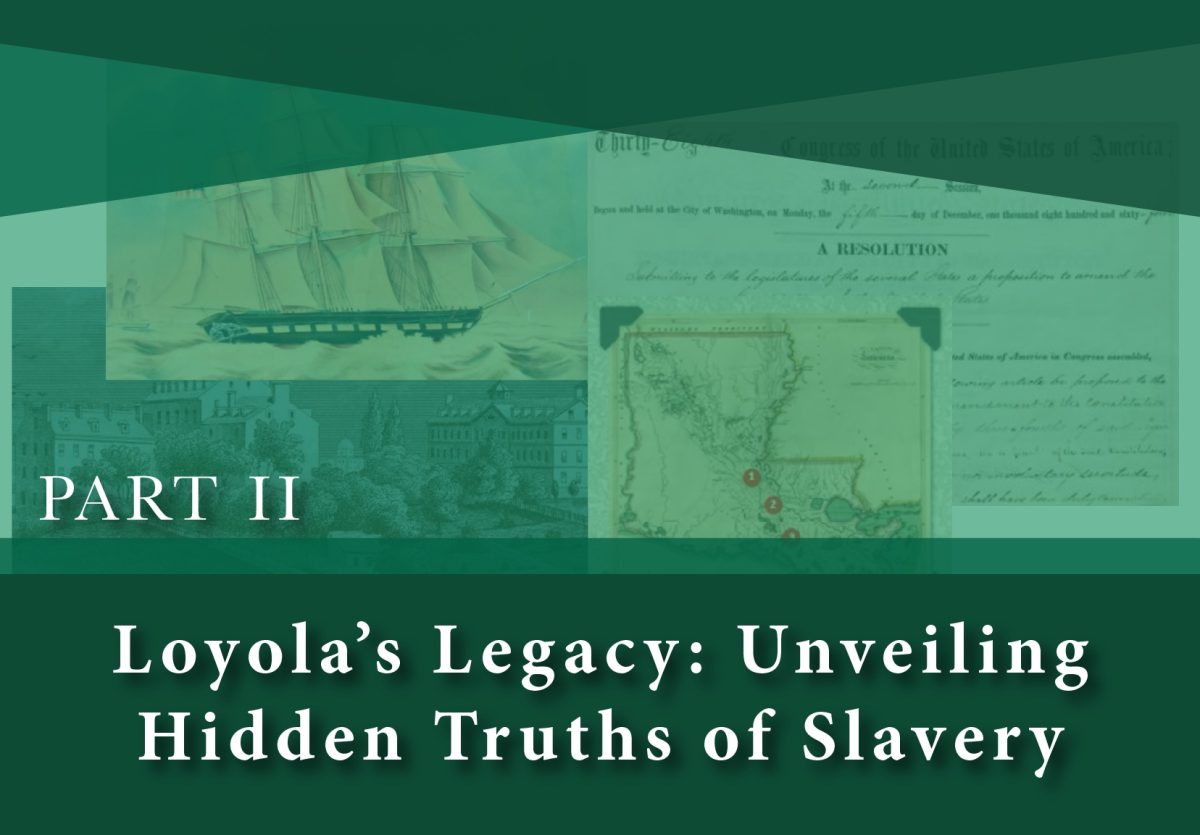
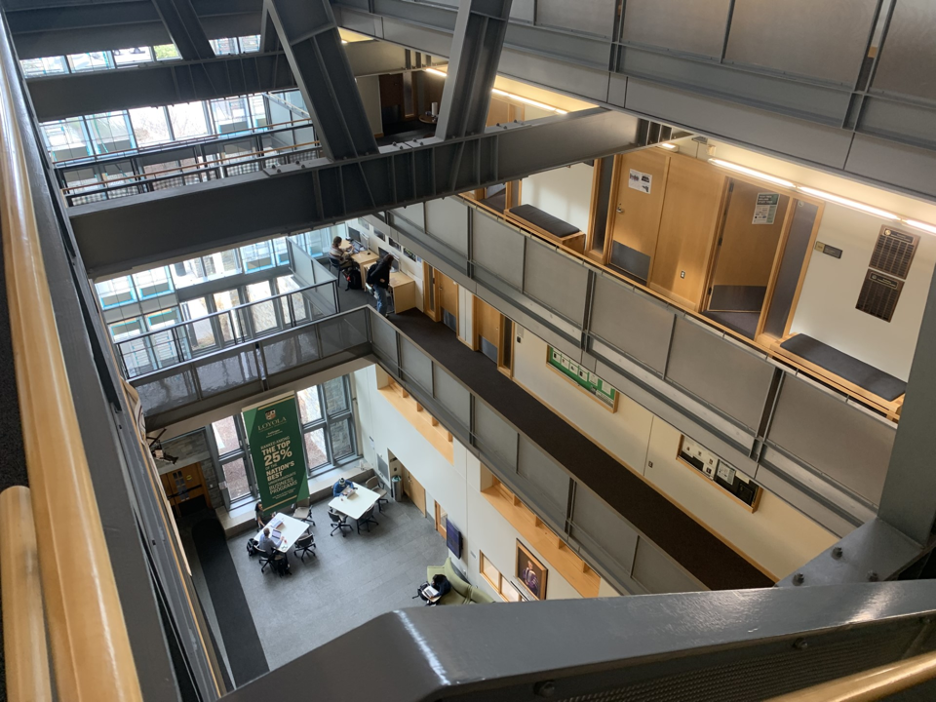
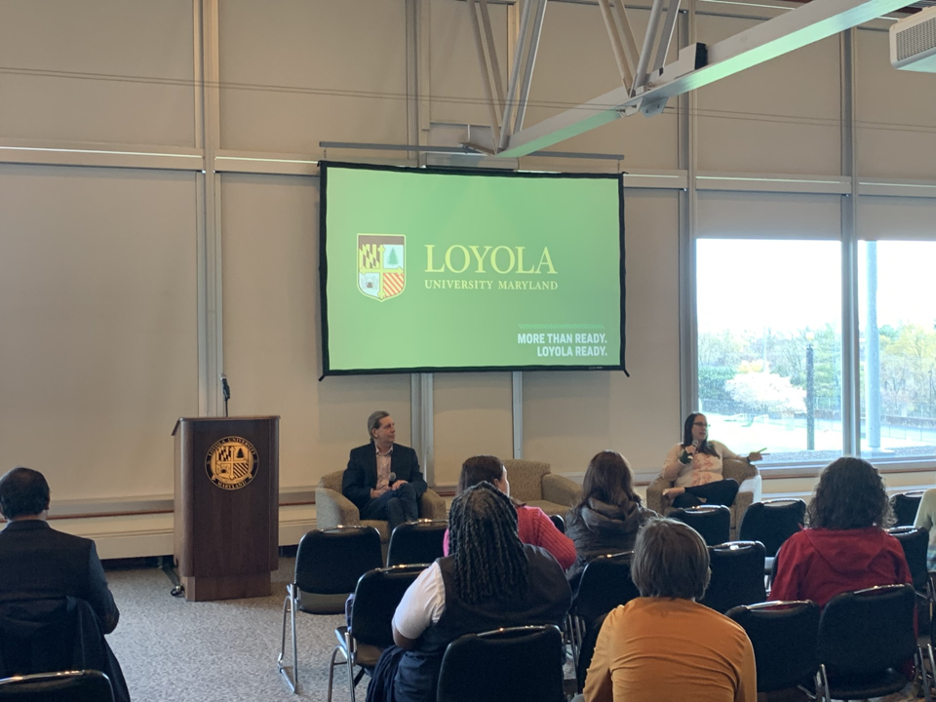
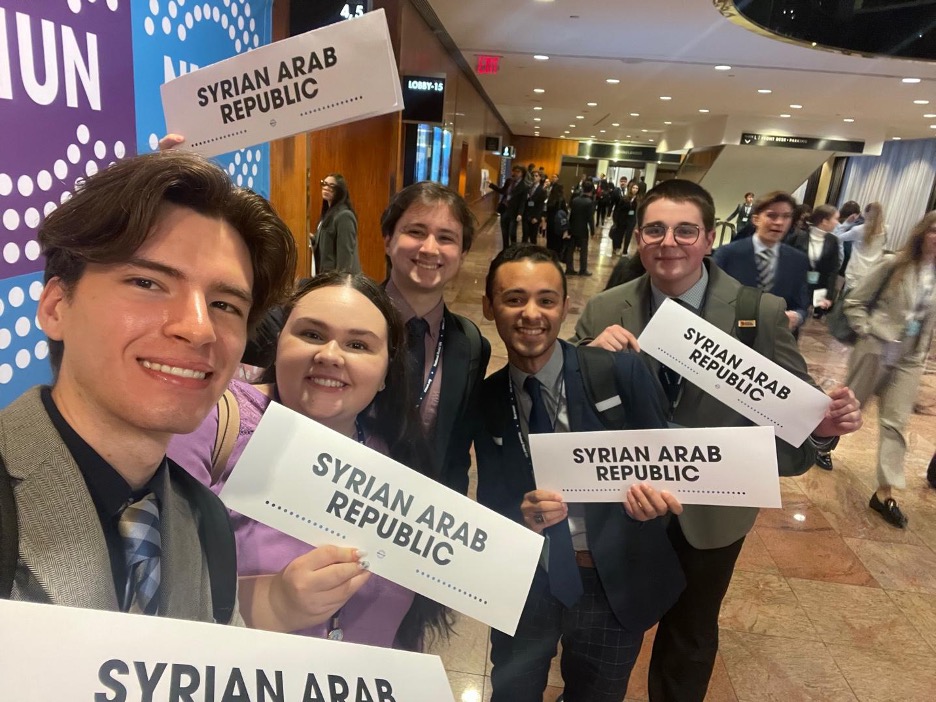

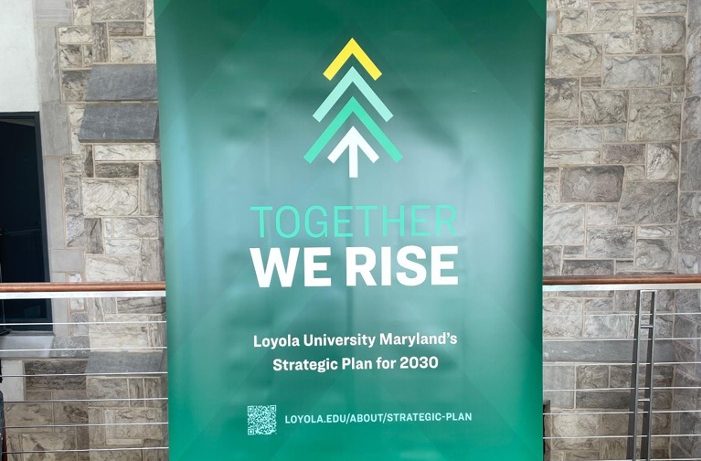
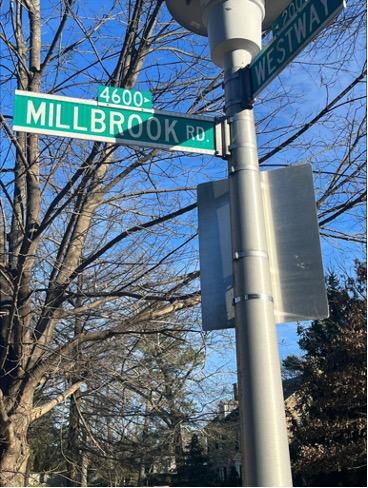









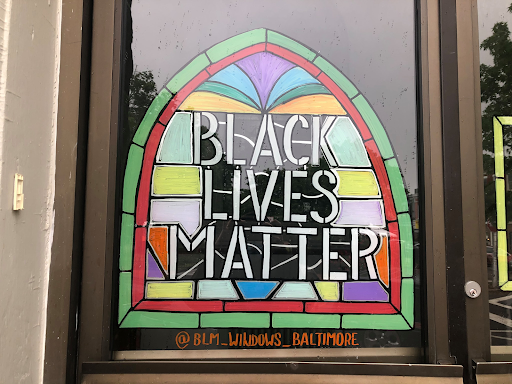
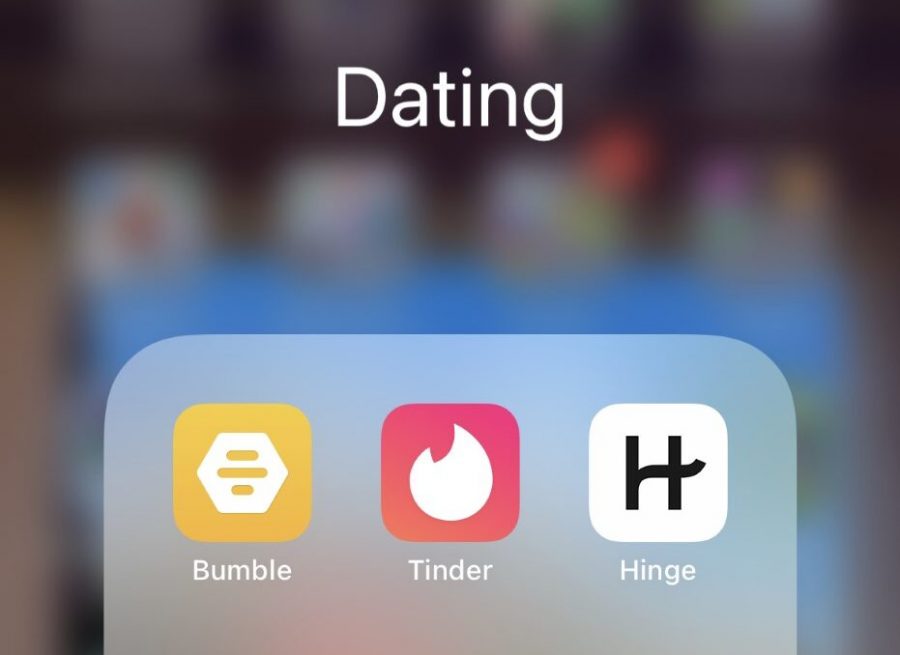
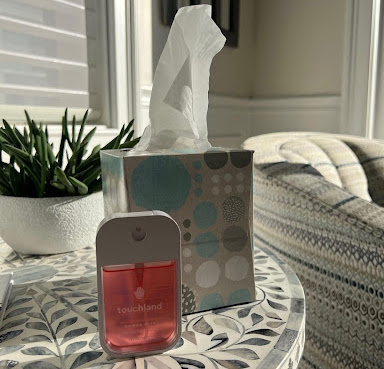







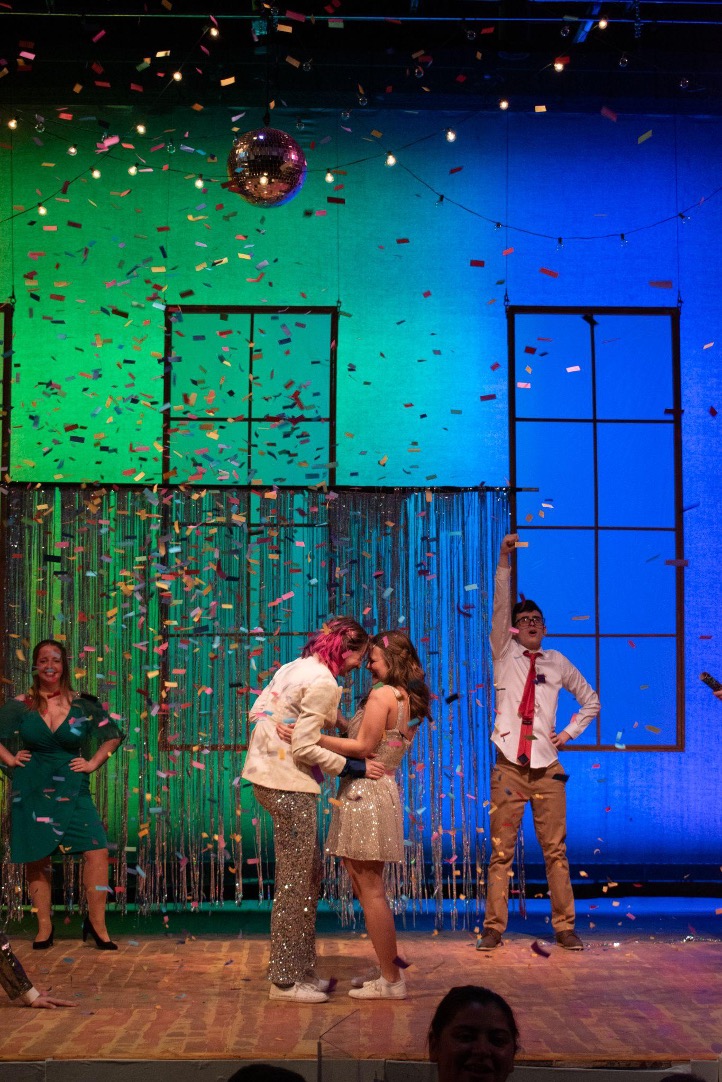

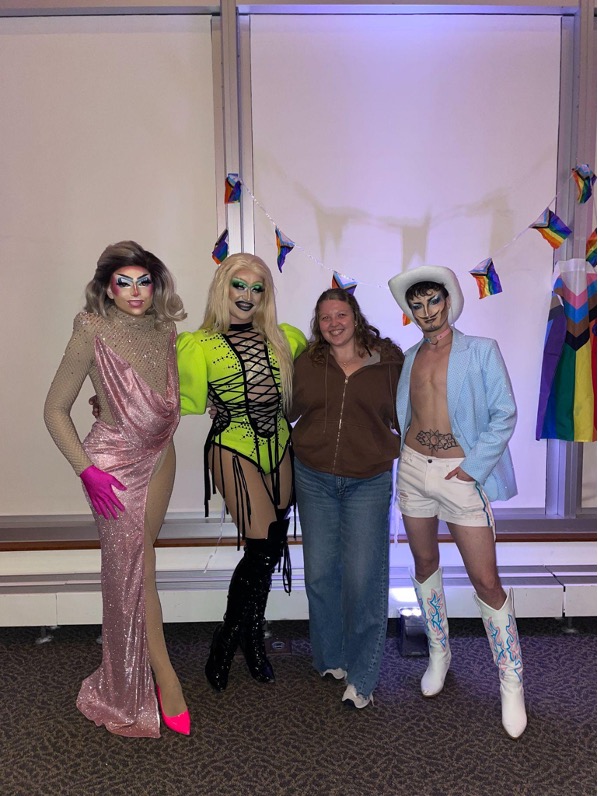
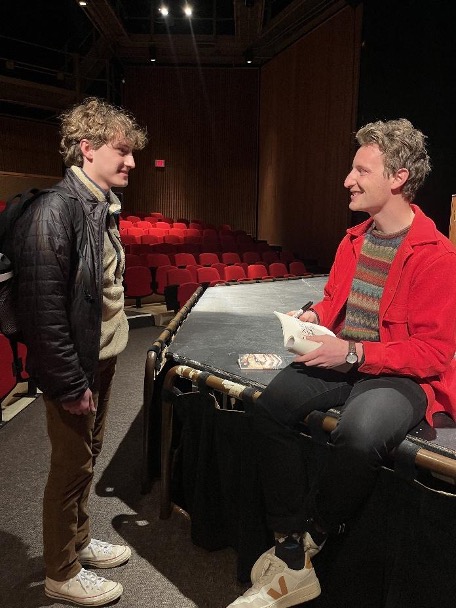












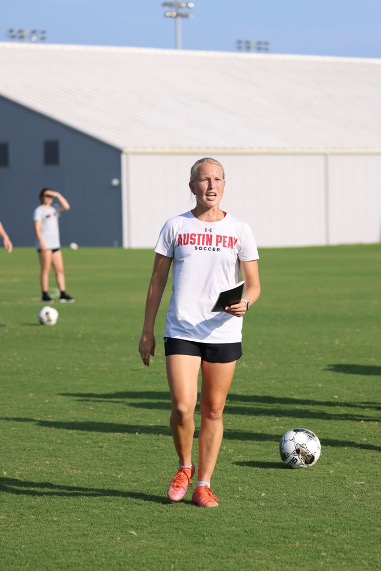



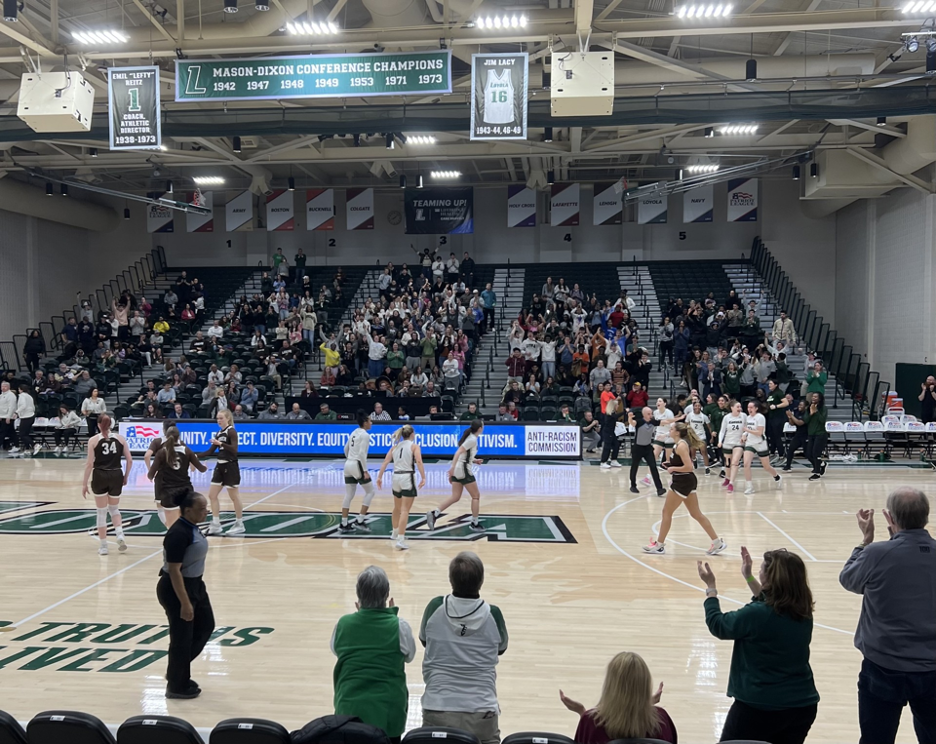

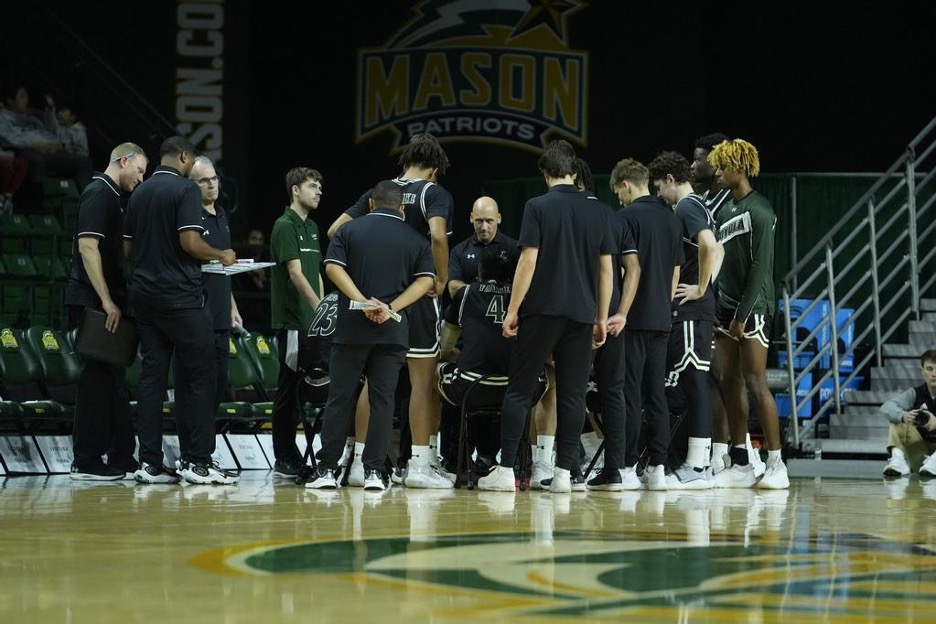









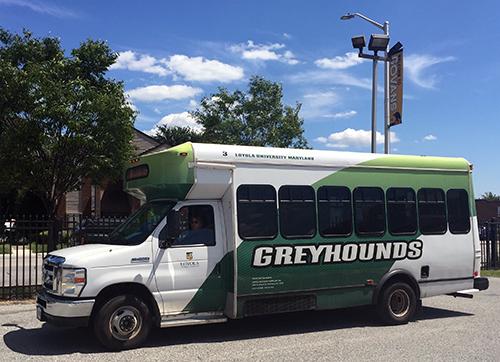
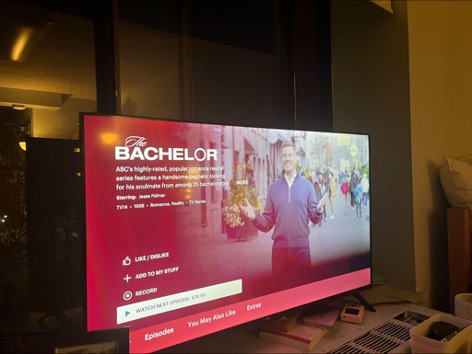

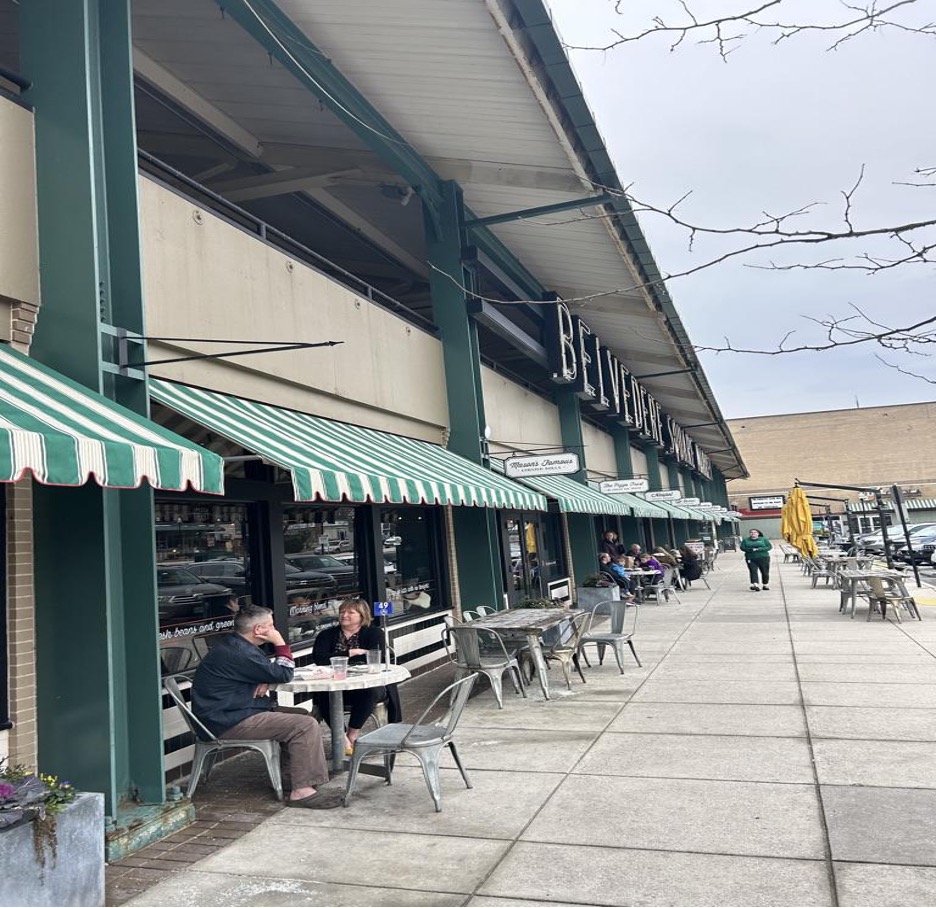
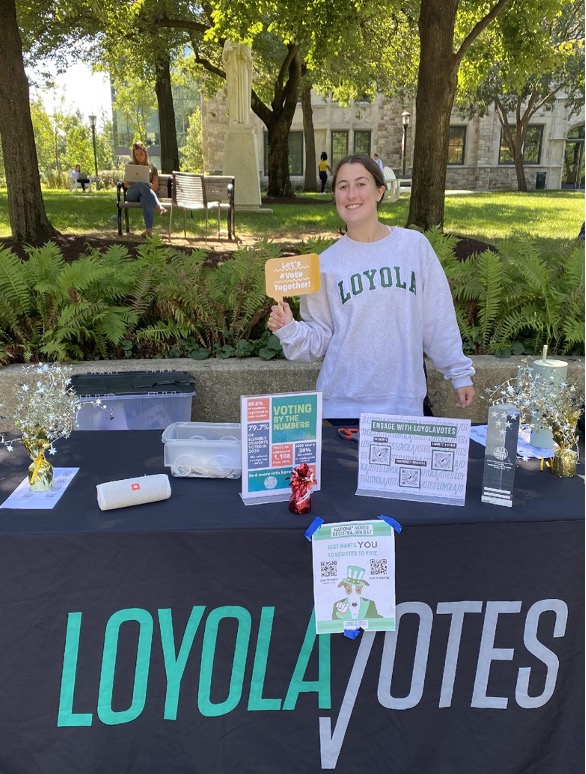













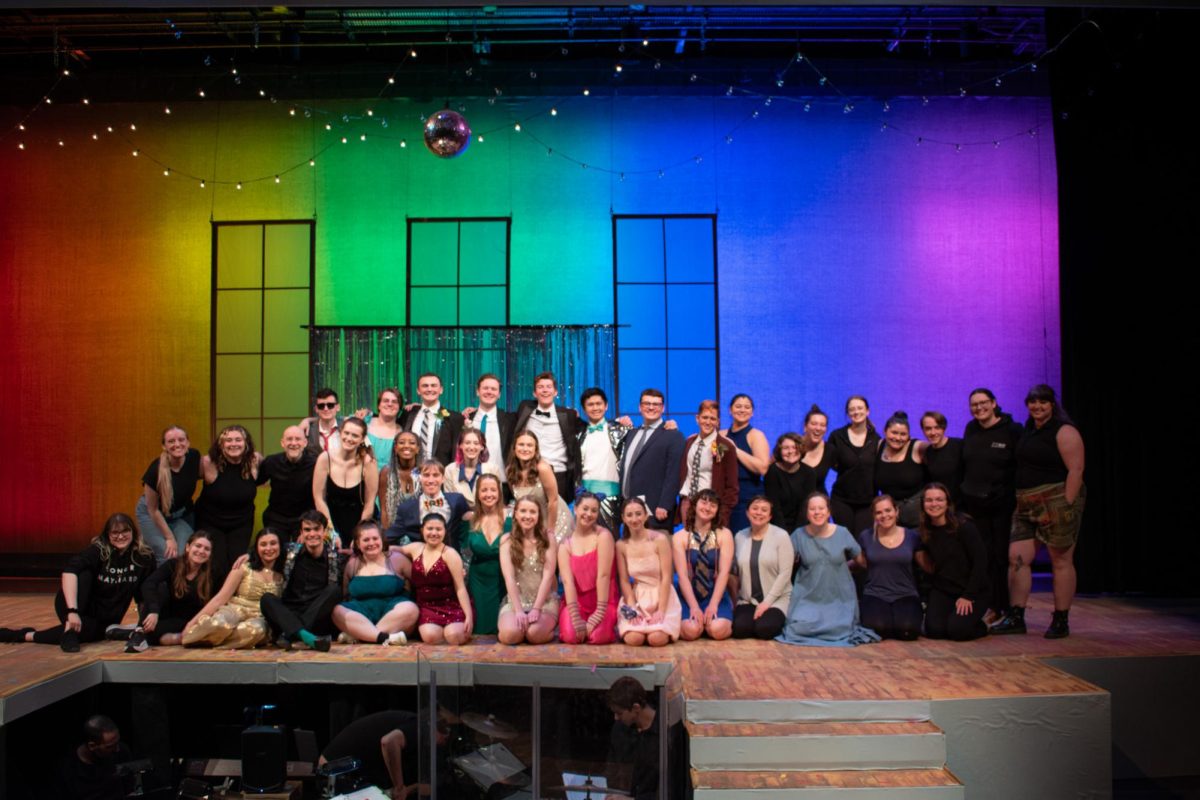























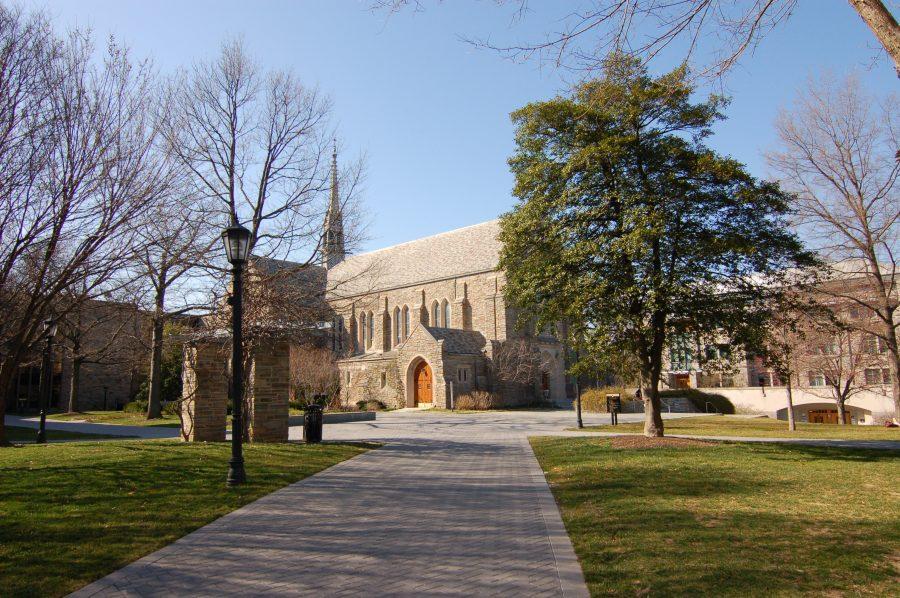
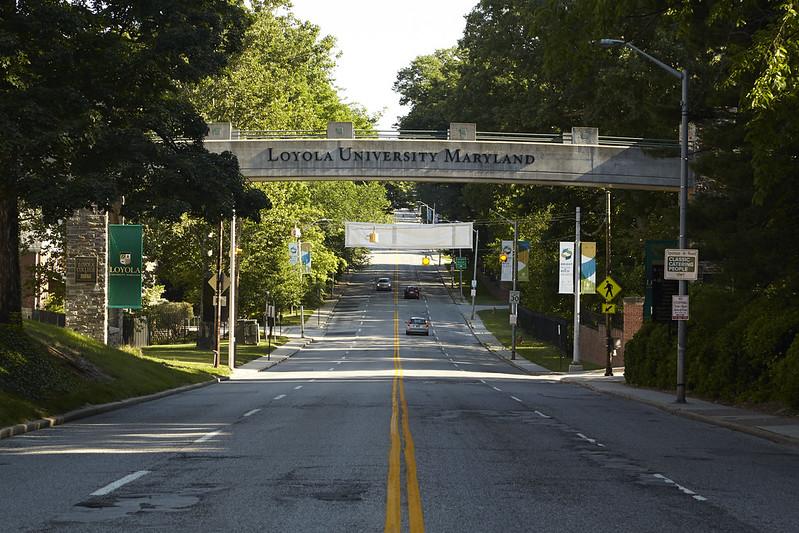

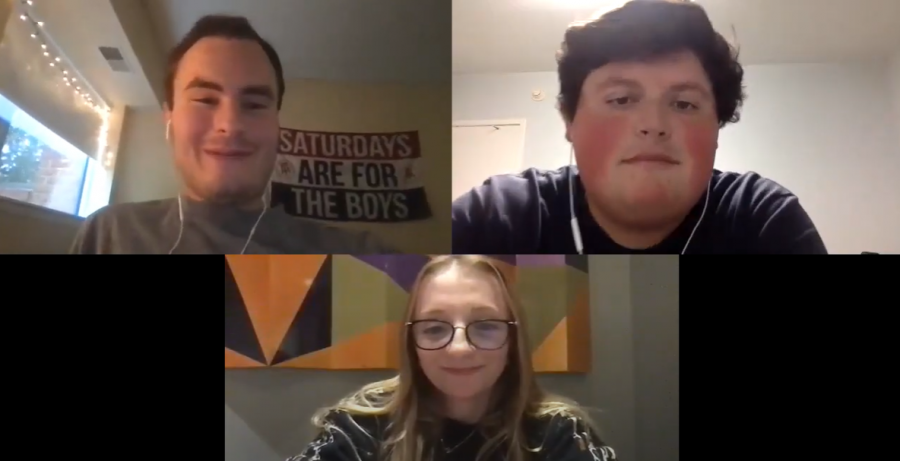
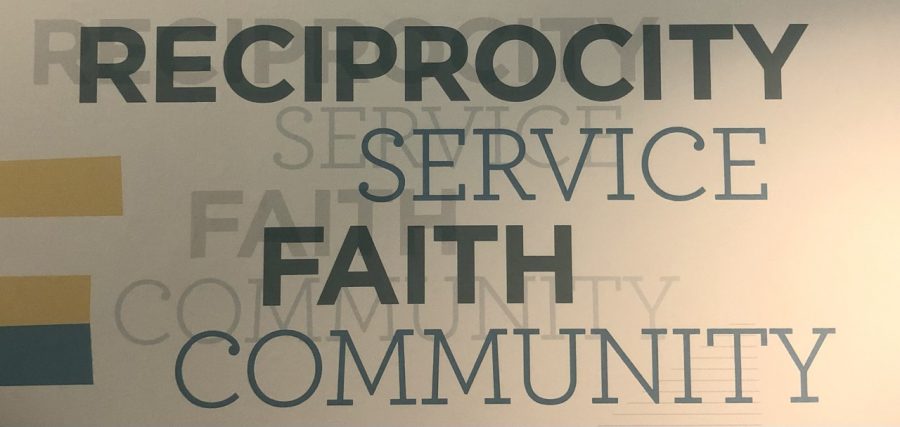
Sue Burdney • Apr 17, 2016 at 4:21 pm
I very much appreciate this heartfelt response, but I also wonder if what is needed in this case is yet another performance of white guilt. I take Rankine’s own response to that comment and the many cogent conversions I heard after the event as proof that it was not your personal responsibility of to speak up at that moment. (What would that have looked like?) And there is so much to do right now,. I’d prefer to hold our gaze on that.